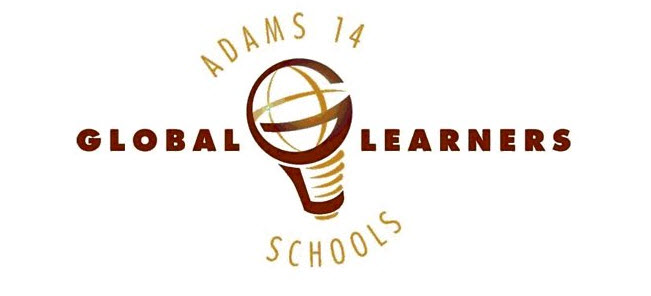
Hi -
I was parousing the NSTA website looking for some ideas to engage my students in the earth science unit coming up. I found this great article about using weblogs in the science classroom. Even if you don't teach science, there is some excellent ideas here! (The title of the article is "Using Weblogs in the Science Classroom" and the author is Staycle C. Duplichan.)
Here are some examples the author gives of how to use weblogs:
Current event Ask a classmate Book club Report
• Students are required to post a summary of a current event, such as global warming, for each grading period.
• Students post a question for other classmates to answer. An example of a possible post is, “How can I remember the difference between interphase and prophase?”
• Students reflect on their favorite science book.
• Students are assigned a subject to research. Each student or group could
be assigned a scientist, theory, organ, kingdom, or disease to report on.
Creative writing What if Debate Online reading
• Students write how a cell is like a factory. Each student posts one example.
• Students write a complaint letter from the heart to the cholesterol molecule.
• Students write a love letter from the lungs to an oxygen molecule.
• Students are asked if their life would be different if their knee joint became a ball and socket joint. Each person posts one example and responds to others.
• Students are asked, “What if pollution killed all of the earthworms?”
• Students are asked to reflect on how the Earth would be different if the temperature rose 20 degrees.
• Students are asked, “What are the legal ramifications of DNA testing?”
• Students are asked, “What is your opinion on using animals for testing
products?”
• Students are asked, “Should stem cell research be allowed?”
• Students are assigned to read an article from Google Scholar.
Visual aids Lab report Study habits
• Students post digital pictures of lab setups.
• Students post digital pictures of pictures of lab procedures.
• Students draw steps for any lab procedure.
• Students draw and label a key scientific concept.
• Students post their lab results.
• Sutdents post their data for comparision.
• Students post how they remember vocabulary or facts.
• Students give examples of how they study for tests.


No comments:
Post a Comment